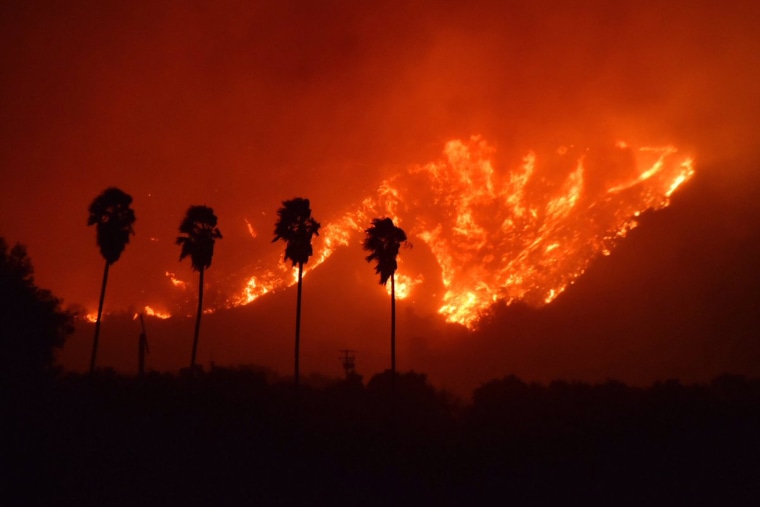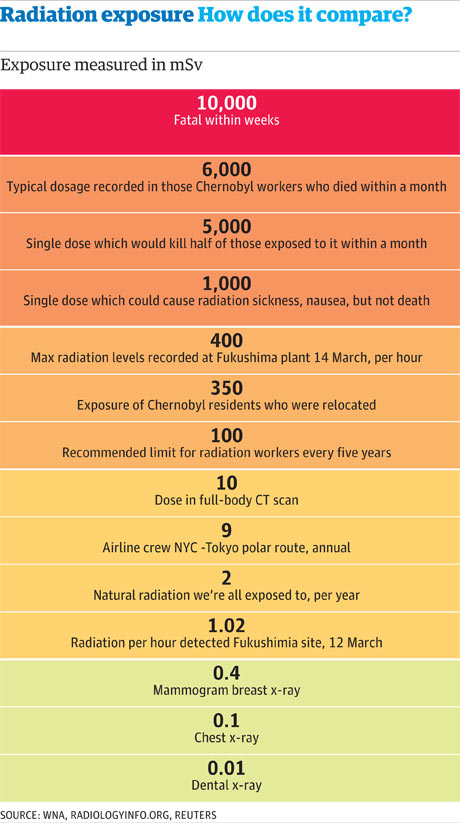Initial Aftermath And Nuclear Winter
August 2 - August 22 2014: Fallout
The war lasted less than a day, around 5 hours to be precise. In that time a little over 100 million people died from initial blasts alone, though many more will come in the following weeks. North-Western Europe is the hardest hit area with the concentration of populated areas juxtaposed with military installments. This is because most European NATO bases targeted were in the UK, France, and Germany, as well as the main headquarters being in Belgium.
(Map mistakenly lists Ireland as a NATO member, it is actually a neutral country)
Other majorly impacted areas include: Japan, Korea, North Eastern United States, Western Russia, and North China.
A few hours after the war, fallout blown from impacted areas begins to settle in the downwind suburbs (or unlucky faming communities close enough to rural military bases) and radiation levels already hit lethal levels. Over the coming days the fallout will spread even further but will get weaker and weaker the further it has to travel, but the radiation can still cause long term health effects even if it's not initially fatal.
(10 mSv= 1 Rad)
Many civilians try to hide in fallout shelters but not a lot of people know how to build such a structure properly, and certainly not at short notice. Many others simply don't know what to do and get exposed to radiation that way. In the few weeks it takes for the fallout radiation to dissipate the death toll climbs even further, estimating another 100 million casualties from radiation and supplies shortage.
September - December 2014: The Long Winter
Nuclear Winter had been theorized since the 1950s and scientifically simulated since the 1970s as a potential consequence of nuclear blast induced firestorms, and when the war happened those firestorms showed themselves. Near the nuclear targets fires burned for days in whatever structures remained after the blasts, and in some areas nearby forests became a breeding ground for wildfires. California had been dealing with a drought since 2011 that was only starting to get really bad around the time of the war, and due to the firestorms started around the nuked areas in the state it gave way to one of the most intense blazes in local history.

All the soot made its way into the atmosphere, plunging temperatures in the Northern Hemisphere, and killing a vast majority of crops before harvest. Temperatures drop by as much as 4 degrees Celsius in some areas, and many more experience record early first freezes before the Autumnal Equinox. With Winter a few months away the global cooling should only get worse, and scientific studies made in the years leading up to the war shows that the cooling could last several years and get worse. It is also projected to cause rainfall totals to decrease, meaning that droughts will be much more common. By the end of 2014 the climate shifts and food insecurity raises the death toll past 1 Billion and it's on the fast track to 2 Billion.




